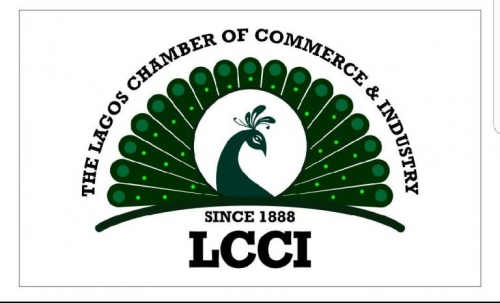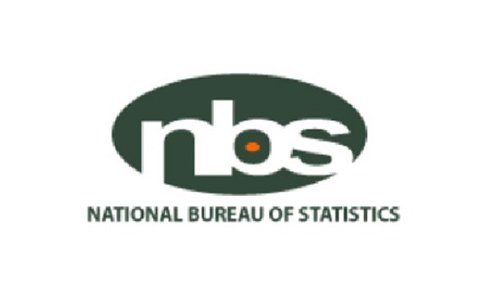SECTOR INSIGHT 07/09/2022
LCCI Raises the Alarm Over Worsening Economic Situation

The Lagos Chamber of Commerce and Industry (LCCI) has expressed concern that the Nigerian economy may decline to stagflation, which would negatively affect production cost and dampen growth in the medium term.
LCCI expressed the view yesterday in a press statement titled, “LCCI Statement on Nigeria’s Economic Growth Performance.”
It stated that the country’s economy had continued to struggle with many inhibiting burdens, like inflation, weak revenue generation, degenerated infrastructure, forex challenges, unsustainable cost profile seen in debt services and subsidy payments, and the daunting threats of insecurity.
Director General of LCCI, Dr. Chinyere Almona, who signed the press statement, said, “The chamber is concerned that if we continue in this trajectory, the economy may bleed away into a stagflation, which will impact on production cost, job losses, worsened forex crisis, and dampened growth in the medium term.”
Almona advised the federal government to sustain its targeted interventions in designated critical sectors, like agriculture, manufacturing, export infrastructure, and tackling insecurity, as well as free more money from subsidy payments.
She added that it was worrisome that the 2023 budget indicated that there might not be any significant allocation to capital projects next year.
The LCCI director-general urged “the government to tackle oil theft to earn more foreign exchange, borrow from cheaper sources to reduce the burden of debt servicing, and take a decisive step towards removing fuel subsidies.”
The chamber also urged the government to continue with its non-oil campaigns and interventions to sustain the targeted financing towards boosting non-oil export for enhanced foreign exchange earnings.
She stated, “The growth of 1.2 per cent recorded for agriculture and the 3.0 per cent for manufacturing (in 2022 Q2) are comparatively low when compared with other sectors that grew at above 5.0 per cent.
“This is also indicative of the threat facing these sectors that power Nigeria’s real sector. The woes in these two sectors are responsible for the frightening rise in our inflation rate. And with the excruciating burden from debt service, subsidy payments, and worsening insecurity, many more production activities may be constrained in the coming months.”
LCCI also reacted to the National Bureau of Statistics (NBS) announcement that Nigeria’s Gross Domestic Product (GDP) grew in the Q2 of 2022 by 3.54 per cent year-on-year. It said this was the seventh quarter of positive growth, but noted that the rate was lower than the 2021Q2 rate, which was 5.01 per cent, decreasing by 1.47 per cent. Quarter-on-Quarter, it was an increase of 0.44 per cent points relative to 3.11 per cent recorded in 2022Q1.
Almona said, “While we celebrate the latest growth figures, the chamber wishes to highlight some threats to future growth that need special attention: the oil sector has consistently recorded negative growth for the ninth consecutive quarter, contracting again by -11.8 per cent y/y in Q2 2022 following a higher contraction of -26 per cent y/y in Q1.
“The average daily crude oil production in Q2 was 1.43mbpd even lower than 1.49mbpd produced in Q1. If oil revenue makes up more than 80 per cent of government revenue, we expect the government to tackle the menace of oil theft and pipeline vandalism with sterner approach.”
The non-oil sector grew by 4.8 per cent y/y in Q2 ’22, as against 6.1 per cent y/y in Q1 ‘22. The key drivers within the non-oil economy include transportation and storage (51.7 per cent y/y), finance and insurance (18.5 per cent y/y), telecommunications (7.7 per cent y/y), trade (4.5 per cent y/y), real estate (4.4 per cent y/y), construction (4.0 per cent y/y), manufacturing (3.0 per cent y/y), and agriculture (1.2 per cent y/y).
Combined, these sectors account for 78.3 per cent of total GDP in Q2.



